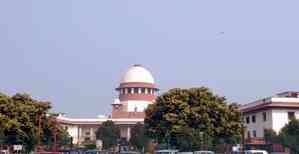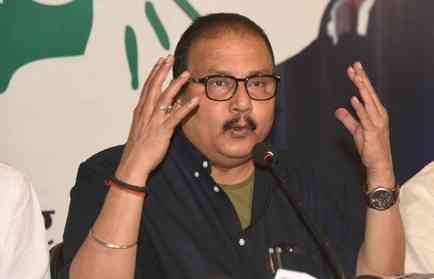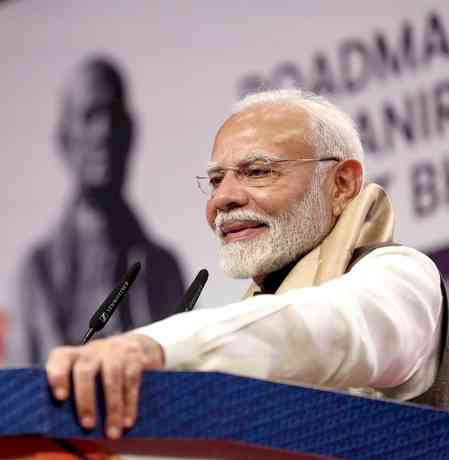SC to hear on Monday HSSC's plea against striking down of 5 pc additional marks
The Supreme Court is slated to hear on Monday a batch of pleas filed by the Haryana Staff Selection Commission against the decision of the Punjab & Haryana High Court striking down the award of 5 per cent additional marks in the Common Eligibility Test (CET) under the garb of socio-economic criteria.

New Delhi, June 23 (IANS) The Supreme Court is slated to hear on Monday a batch of pleas filed by the Haryana Staff Selection Commission against the decision of the Punjab & Haryana High Court striking down the award of 5 per cent additional marks in the Common Eligibility Test (CET) under the garb of socio-economic criteria.
As per the causelist published on the website of the apex court, a vacation bench of Justices Abhay S Oka and Rajesh Bindal will take up the matter for hearing on June 24.
Last week, the top court acceded to adjourn the hearing after the petitioner’s counsel submitted that two similar pleas were pending before the apex court against the May 31 decision of the high court.
In its decision, the Punjab & Haryana High Court said that once reservations have already been provided statutorily under the EWS category, as well as on account of social backwardness by providing reservation for Backward Class, further granting benefits under socio-economic criteria would lead to breach of 50 per cent ceiling limit imposed by the Supreme Court and recognised by the Constitution framers.
It added that the socio-economic criteria introduced by the Human Resources Department of the Haryana Government was clearly an act of arbitrariness and discrimination created by similarly situated persons and no person ought to be given benefits.
The writ petitions filed before the Punjab & Haryana High Court contended that the grant of 5 per cent bonus marks provided on different accounts was wholly violative of Articles 14, 15 and 16 of the Constitution of India and created an artificial classification amongst equals on the basis of residence, family, income, place of birth and the status in the society. It added that before laying down the socio-economic criteria, neither quantifiable data was collected nor any extensive study was conducted.


 IANS
IANS 










